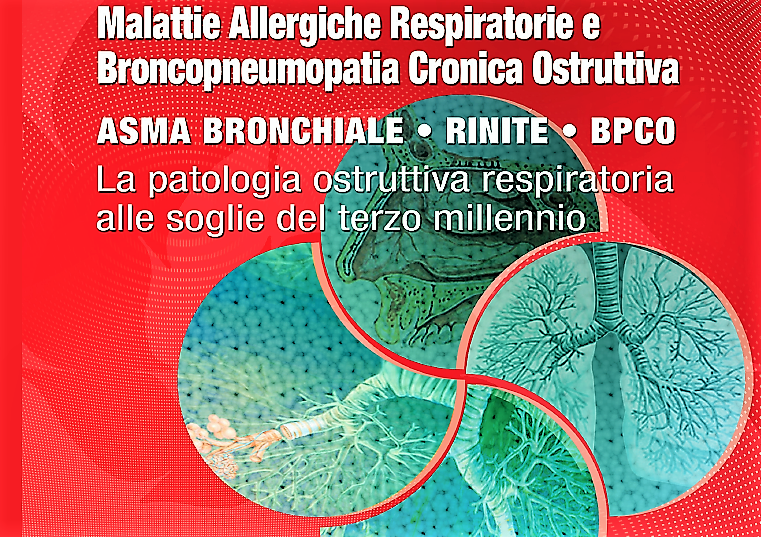A body of evidence suggests that major changes involving the atmosphere and the climate, including global warming induced by anthropogenic factors, have impact on the biosphere and human environment.
Studies on the effects of climate change on respiratory allergy are still lacking and current knowledge is provided by epidemiological and experimental studies on the relationship between allergic respiratory diseases, asthma and environmental factors, such as meteorological variables, airborne allergens, and air pollution.
Urbanization with its high levels of vehicle emissions, and a westernized lifestyle are linked to the rising frequency of respiratory allergic diseases and bronchial asthma observed over recent decades in most industrialized countries. However, it is not easy to evaluate the impact of climate changes and air pollution on the prevalence of asthma in the general population and on the timing of asthma exacerbations, although the global rise in asthma prevalence and severity could also be an effect of air pollution and climate change. Since airborne allergens and air pollutants are frequently increased contemporaneously in the atmosphere, an enhanced IgE-mediated response to aeroallergens and enhanced airway inflammation could account for the increasing frequency of respiratory allergy and asthma in atopic subjects in the last 5 decades.



